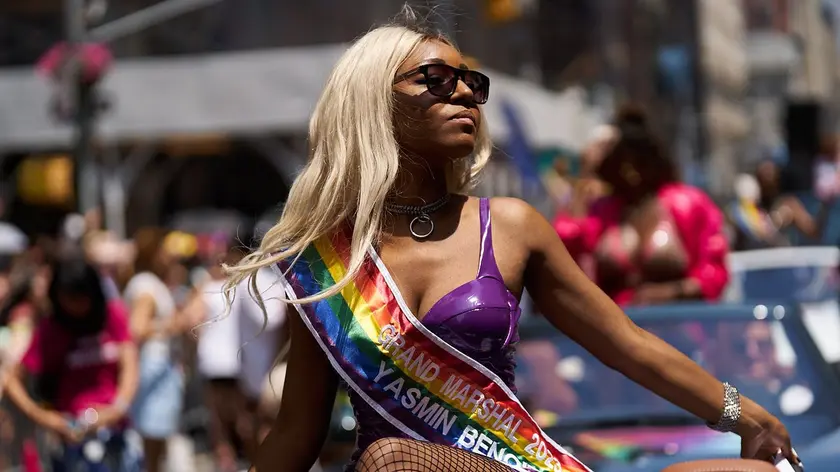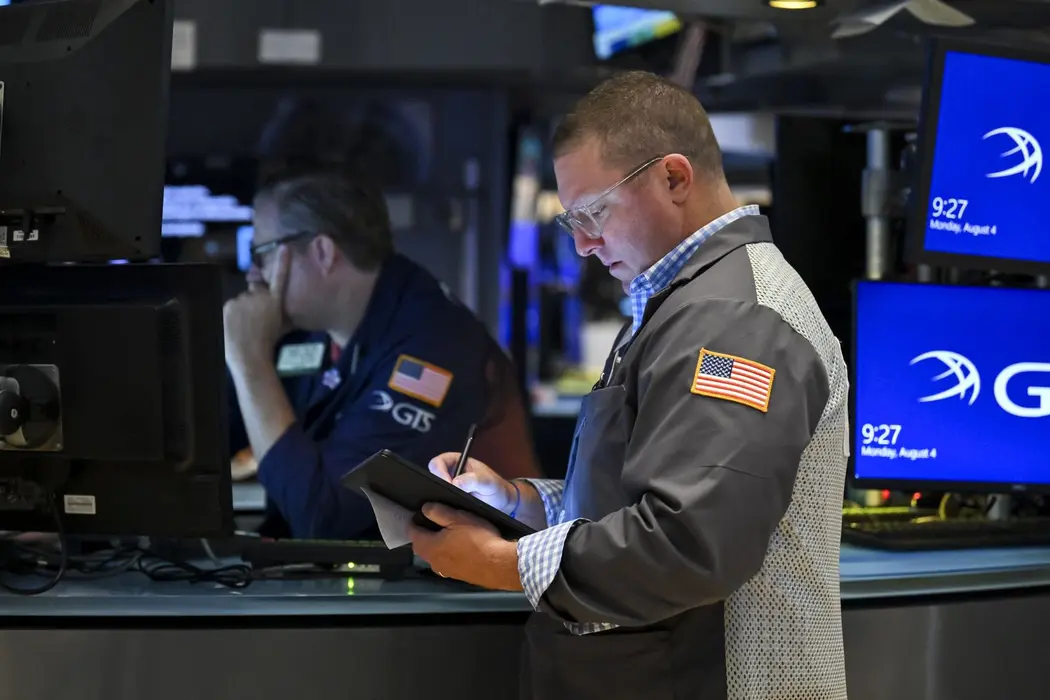T4K3.news
Greysexual identity gains visibility amid broader shift in dating attitudes
A rising online conversation about greysexuality accompanies concerns about how dating and sex are evolving among younger generations.

A rising online conversation about greysexuality accompanies concerns about how dating and sex are evolving among younger generations.
Greysexual identity grows as social norms shift
The term greysexual has gained visibility online, with r/Greysexuality attracting more than 8,300 members and creators posting explainers on TikTok and YouTube. A New YouTuber who uses the handle @notdefining describes grey attraction as a low degree of sexual feeling while stressing that the label can be helpful for people to understand their experiences.
The trend sits beside broader discussions about a decline in sexual activity among Millennials and Gen Z, a phenomenon researchers label the sex recession. Some studies suggest anxiety and social pressures contribute to fewer sexual encounters, while experts warn that online platforms may heighten pressure and confusion about sex and identity.
The greysexual label, sometimes called grey-A, originated in 2006 on the Asexual Visibility and Education Network to describe a space between asexuality and regular sexual attraction. Advocates say it offers a spectrum for people who experience attraction irregularly or under specific conditions, including those who identify as demisexual when attraction follows emotional closeness.
Public conversations around sexuality have widened to include voices from the asexual community and celebrities discussing related terms. Researchers warn that platforms like TikTok and Reddit can accelerate the spread of niche terms and risk overcomplicating how people think about sex and relationships. Health context matters too: the NHS notes that persistent loss of libido can signal health issues, while some people on the greysexual spectrum still experience sexual feelings and masturbation for various reasons.
Key Takeaways
"It helps people to understand that I do experience sexual attraction, I do have sex, I do enjoy sex and sexual fantasies, but I may experience them to a significantly lower degree than most people."
YouTuber Mark describing greysexuality
"It has been immensely helpful"
Mark describing the label
"Others see the same trend as a positive step, giving people the words and community to express feelings they might otherwise struggle to explain"
Public sentiment about the growth of niche terms
The rise of greysexuality highlights how online communities can legitimize a wider range of experiences, even as they complicate public dialogue. By giving people language to describe subtle feelings, these terms can empower individuals to understand themselves better. At the same time, experts caution that miseducation and social media dynamics may blur lines between normal sexual development and health problems. Policymakers and educators should focus on clear, compassionate sex education and mental health resources to help young people navigate questions about desire, intimacy, and health without stigma.
Highlights
- Grey is not a crisis it is a spectrum
- Labels give people language they were missing
- Online voices shape how we talk about sex
Public reaction and political sensitivity risk
The piece touches on a controversial area of identity and public debate. It could provoke backlash or political controversy among groups with differing views on sexuality education and related policy.
The conversation about sexuality keeps evolving as more voices join the discussion.
Enjoyed this? Let your friends know!
Related News

Cybersecurity Weekly Recap

Israeli public mood shifts on Gaza war

Tech stocks retreat as markets pause after record highs

Markets Waver as Nvidia Eyes China Chip Push

AI influenced prize winning novel sparks debate

Slutty Cheff launches memoir Tart

Kaye Adams reveals decade long age lie

NFL expands inclusivity with male cheerleaders
